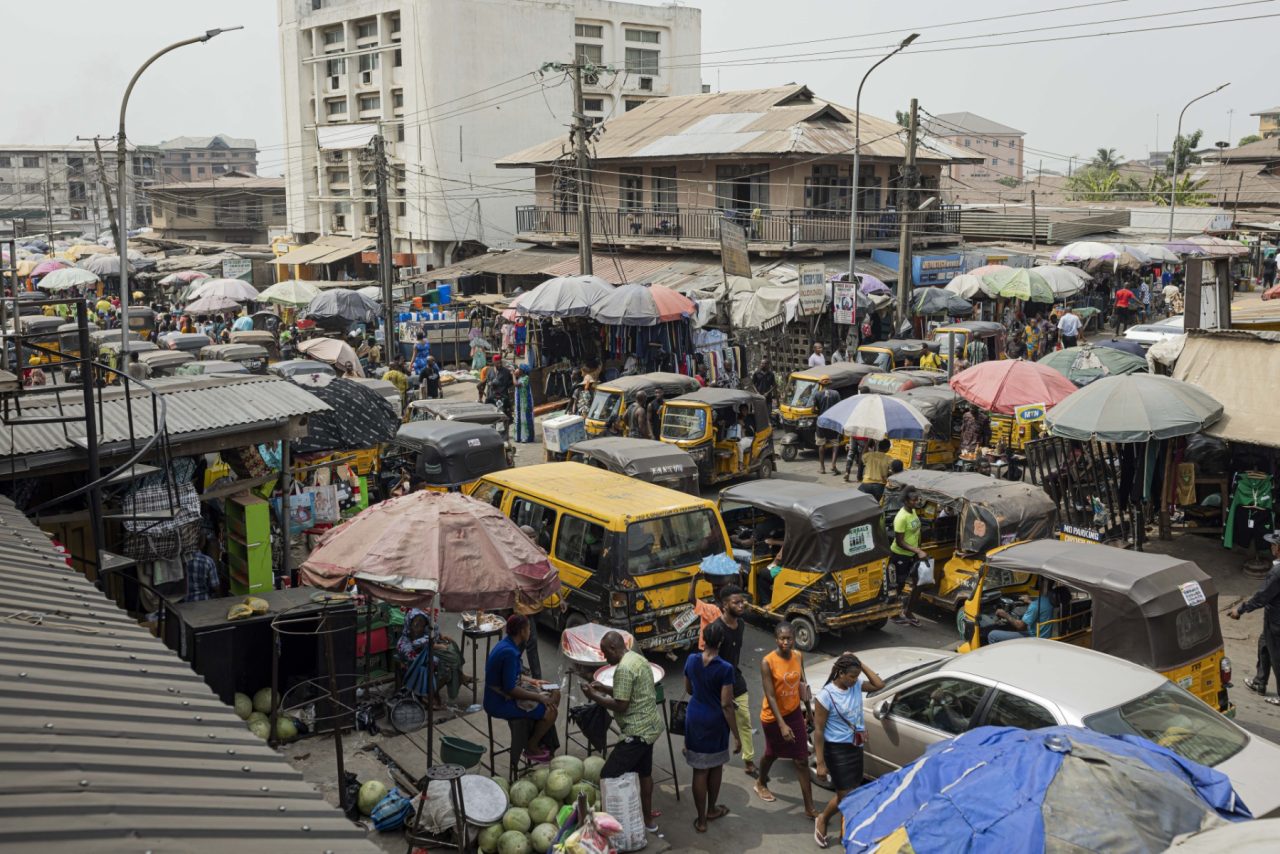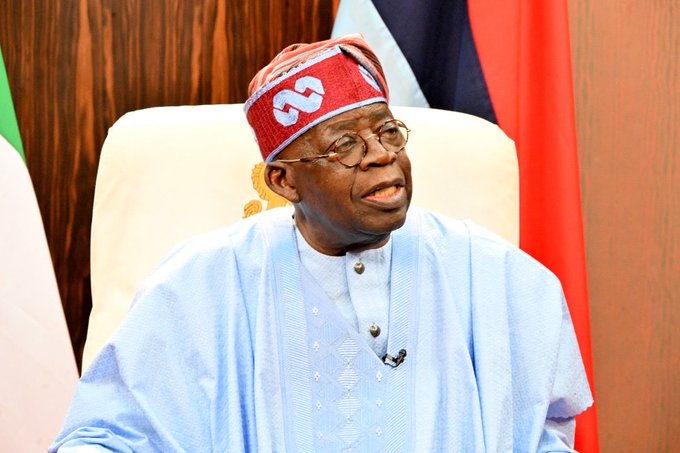
Stears, an economic analysis and data-driven insights provider, has called for proactive measures to safeguard the nation’s economic stability from inflation pressures in 2024.
Senior Economist, Stears, Dumebi Oluwole, made this known, yesterday, in its 2024 African Outlook Report, where it shed light on Nigeria’s macroeconomic landscape.
Oluwole, noting that Nigeria is currently grappling with a high headline inflation rate of 28.2 per cent, projected that the average annual inflation rate for 2024 would range from 27.59 per cent to 31.85 per cent.
According to News Agency of Nigeria (NAN), she anticipated that the Central Bank of Nigeria (CBN) would persist with its tightening policy in the near term to address inflationary pressures effectively.
Oluwole said immediate action on dollar illiquidity was deemed crucial for achieving comprehensive inflation management, alongside other strategic interventions to enhance liquidity and stabilise the exchange rate.
She said: “The elimination of petrol subsidies and the resultant surge in fuel prices have set off a chain reaction, significantly heightening the cost of living for consumers, escalating transportation expenses and contributing to an overall uptick in inflation.
“This, coupled with the devaluation of the naira, has led to elevated import costs, particularly in the context of persistent foreign exchange scarcity.
“The cumulative effect is complicating the economic landscape, adding layers to the challenges faced by both consumers and businesses.” Head of Insights, Fadekemi Abiru, said the report highlighted the need for collaborative initiatives between the government, regulatory bodies, and private sectors to foster sustainable economic growth.
Abiru said the company’s projections and recommendations were rooted in a thorough analysis of the current economic conditions.
“We understand the complexity of the economic landscape in Nigeria, and our 2024 African Outlook Report aims to provide valuable insights to policymakers, investors, and businesses navigating these challenging times,”she added.
Also, Lead Energy Analyst, Stears, Noelle Okwedy, projected that Nigeria’s petrol import volumes would remain below 40 million litres per day in 2024.
For electricity, Okwedy indicated that in 2024, the groundwork for state electricity markets would begin to take shape even though cost-reflective tariffs in Nigeria’s power sector would remain elusive.
The firm’s Financial Analyst, Bolatito Bickersteth, said in 2024, stricter regulations on financial technology (fintech) would deepen bank fintech partnerships.
She predicted a new era of collaboration and innovation, driven by upcoming stringent regulations on fintechs and the high costs associated with payment infrastructure development.





